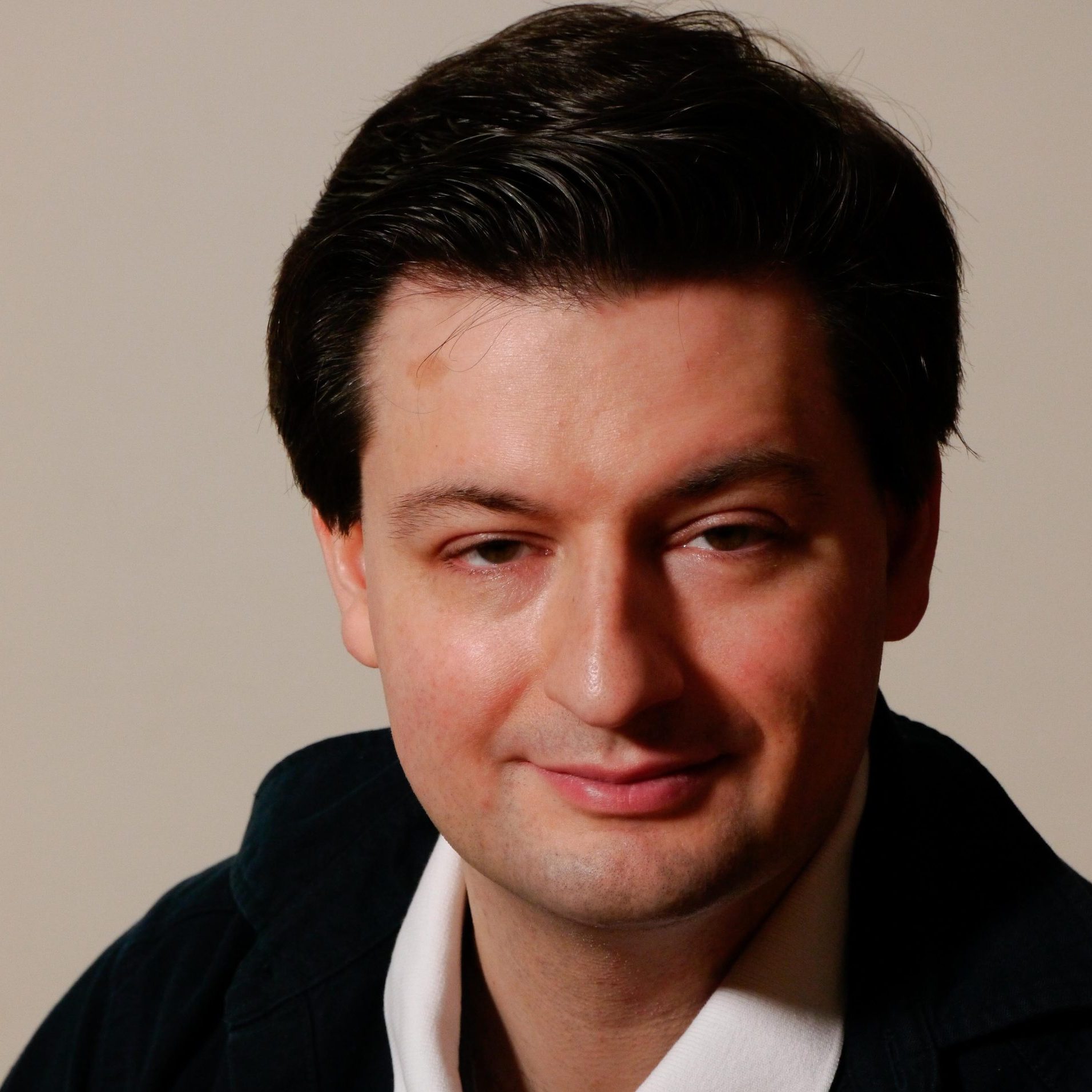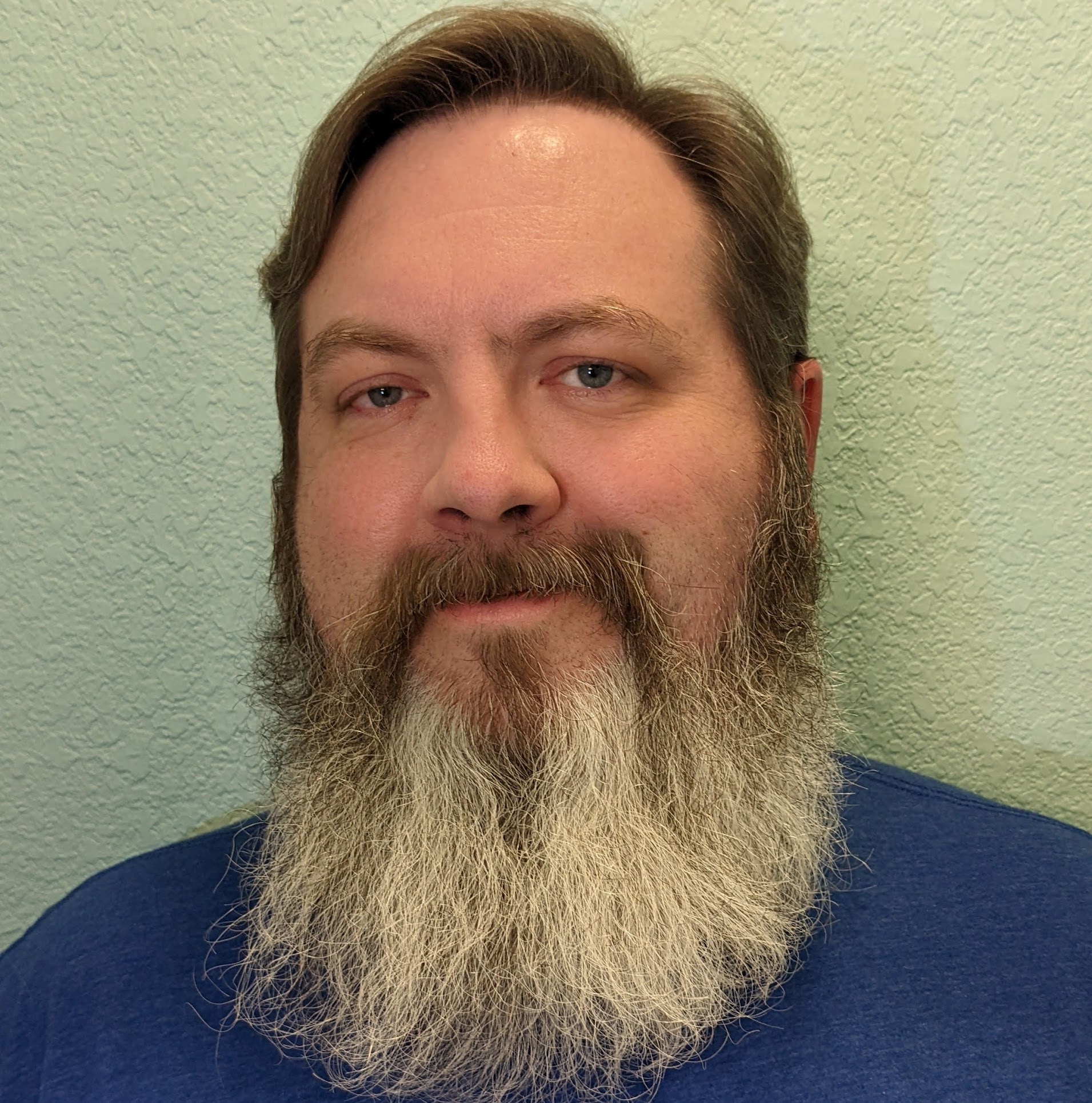What Do You Mean By “Embedded”?
In Gather Town
The term "embedded" is used to describe an increasingly wide range of applications. As the market continues to evolve, what does "embedded" mean, anyway?
Join a panel of embedded systems experts as they take audience questions and discuss
- The changing face of embedded development,
- What (if anything) is different about developing for embedded systems, and
- Whether we should be using a different term like ""low-latency"" instead."

Moderator: Ben Saks
Ben Saks is the chief engineer of Saks & Associates, which offers training and consulting in C and C++ and their use in developing embedded systems. Ben represents Saks & Associates on the ISO C++ Standards committee as well as two of the committee’s study groups: SG14 (low-latency) and SG20 (education). He has spoken at industry conferences, including the C++ and System Software Summit, the Embedded Systems Conference, NDC Techtown, and CppCon, where he’s also chair of the Embedded Track and a member of the program committee. Ben previously worked as a software engineer for Vorne Industries, where he used C++ and JavaScript to develop embedded systems that help improve manufacturing productivity in factories all over the world. He’s also a contributing author on multiple Vorne patents.

Panelist: Inbal Levi
Inbal Levi is a Senior Software Engineer with a passion for software design, software development lifecycle, and high performance.
She is a director of the ISO C++ foundation and an active member of the C++ Standards Committee as co-chair of Library Evolution, the chair of SG9 (Ranges group), and the chair of the ISO C++ Israeli NB. Inbal is also an organizer of the CoreCpp conference and user group.
Panelist: Matt Butler
Matthew Butler is an international speaker, trainer and security researcher who has been using C++ professionally since 1990. He has spent the past three decades as a systems architect and software engineer developing systems for network and applications security, real-time data analysis and safety critical systems. He works on platforms ranging from embedded micro-controllers to FPGAs to large-scale, real-time platforms. He is a member of the ISO C++ Standards Committee and is focused on core language features, software vulnerabilities and safety critical systems. Additionally, he is on the staff of the CppCon and C++Now conferences as well as a speaker at both. His first book, "Exploiting Modern C++: Writing Secure Software For An Insecure World" is due out in 2023.
He can be reached at mbutler@laurellye.com

Panelist: Michael Wong
Michael Wong is a Distinguished Engineer at Codeplay Software, a Scottish company that produces compilers, debuggers, runtimes, testing systems, and other specialized tools to aid software development for heterogeneous systems, accelerators, and special purpose processor architectures, including GPUs and DSPs. For twenty years, he was the Senior Technical Strategy Architect for IBM compilers. Michael is also Chair of the Khronos C++ Heterogeneous Programming language SYCL, Editor for the Concurrency TS and the Transactional Memory TS, Canadian Head of Delegation to the ISO C++ Standard, Founding member of the ISO C++ Directions group, Director and VP of ISOCPP.org and Chair of al Programming Languages for Canada’s Standard Councils.

Panelist: Erik Rainey
Erik is a Senior Software Engineer at Amazon working in the Prime Air on low-level/embedded firmware written in C++ for drones. He has got more than 20 years of professional experience making 21st century technologies on embedded devices which can blink LEDs. He's also been a contributor to Khronos's OpenVX 1.0 specification.

